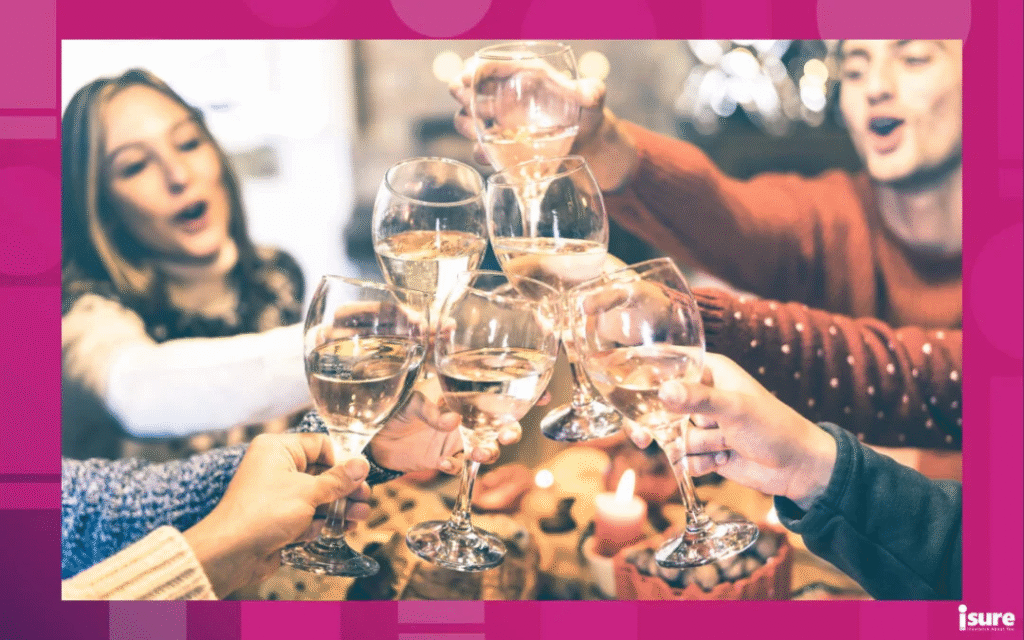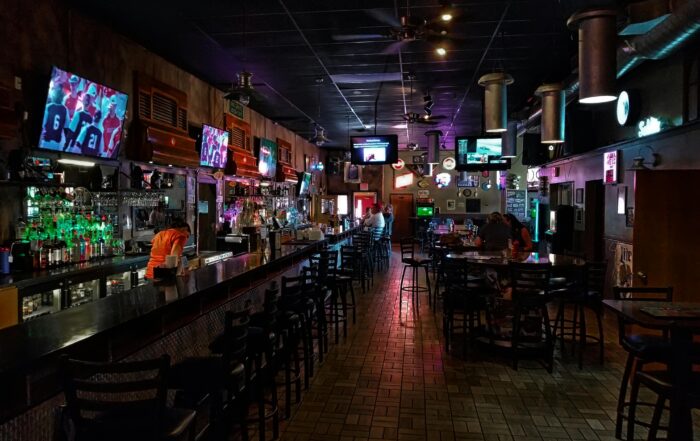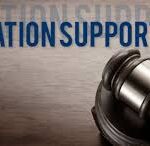Liquor liability insurance is a safeguard for businesses that offer alcoholic beverages. This coverage is tailored to shield your business from claims stemming from alcohol-related incidents. If patrons become inebriated and cause harm to property or individuals, the claims can target establishments that provided the drinks. Here are five things to know about liability insurance:
Coverage for Businesses

Businesses that sell or serve alcohol, such as bars, restaurants, and nightclubs, might be required to obtain liability insurance. Business owners are exposed to claims for liquor liability when alcohol is permitted on the premises, and liq uor liability coverage fills the holes in the general policies that exclude alcohol-related claims. This protects you if an intoxicated patron harms someone else. This may have financial and legal repercussions that are covered by liquor liability.
Requirements by State

Liquor laws and requirements differ per jurisdiction. For states where dram shop laws exist, businesses can be held accountable for serving an individual who then causes an accident. In some areas, coverage and minimum limits are mandatory. Certain cities also have mandates beyond state laws, such as rules for cutting off drunk patrons. Following these laws and requirements keeps your license in good standing and minimizes risk.
Claims and Liability Scenarios
A variety of incidents can lead to liquor liability claims against your business. If a customer consumes alcohol at your establishment and then is involved in an auto accident, injured parties may file claims alleging they were overserved at your establishment. Disputes or physical altercations between intoxicated patrons can also lead to claims. Liquor liability claims can also happen when guests become intoxicated at your event and then cause destruction to someone else’s property.
Distinctions From General Liability
Since general liability insurance may exclude liquor-related claims, businesses need separate liquor liability insurance to protect against alcohol-related losses. General liability covers premises and product liability. It addresses claims from individuals who suffer bodily injury after tripping or falling at your facility, or from theft. Liq uor liability coverage also applies to accidents that occur off your premises. If a patron drives after consuming alcohol from your business and causes an accident, injured parties can hold you liable for supplying the alcohol that led to their intoxication.
Risk Management Strategies

Various factors determine liquor insurance rates, including your location, sales volume, claims history, and loss prevention procedures. An insurance company will analyze these factors to decide on what coverage you require. Having prevention procedures in place can lead to a lower risk of accidents. These might include employee training and procedures for cutting off patrons. Situations where you received claims or violations of compliance can increase rates.
Get Liquor Liability Insurance Today
Liquor liability insurance serves as a safeguard for enterprises around alcohol service. These policies help shield businesses from litigation and expenses stemming from intoxicated patrons. This coverage addresses exposures excluded from general liability policies. Working with an experienced agent guides you through purchasing protection tailored to your needs. Equip your establishment with the liquor liability coverage fitting your risk profile today.






